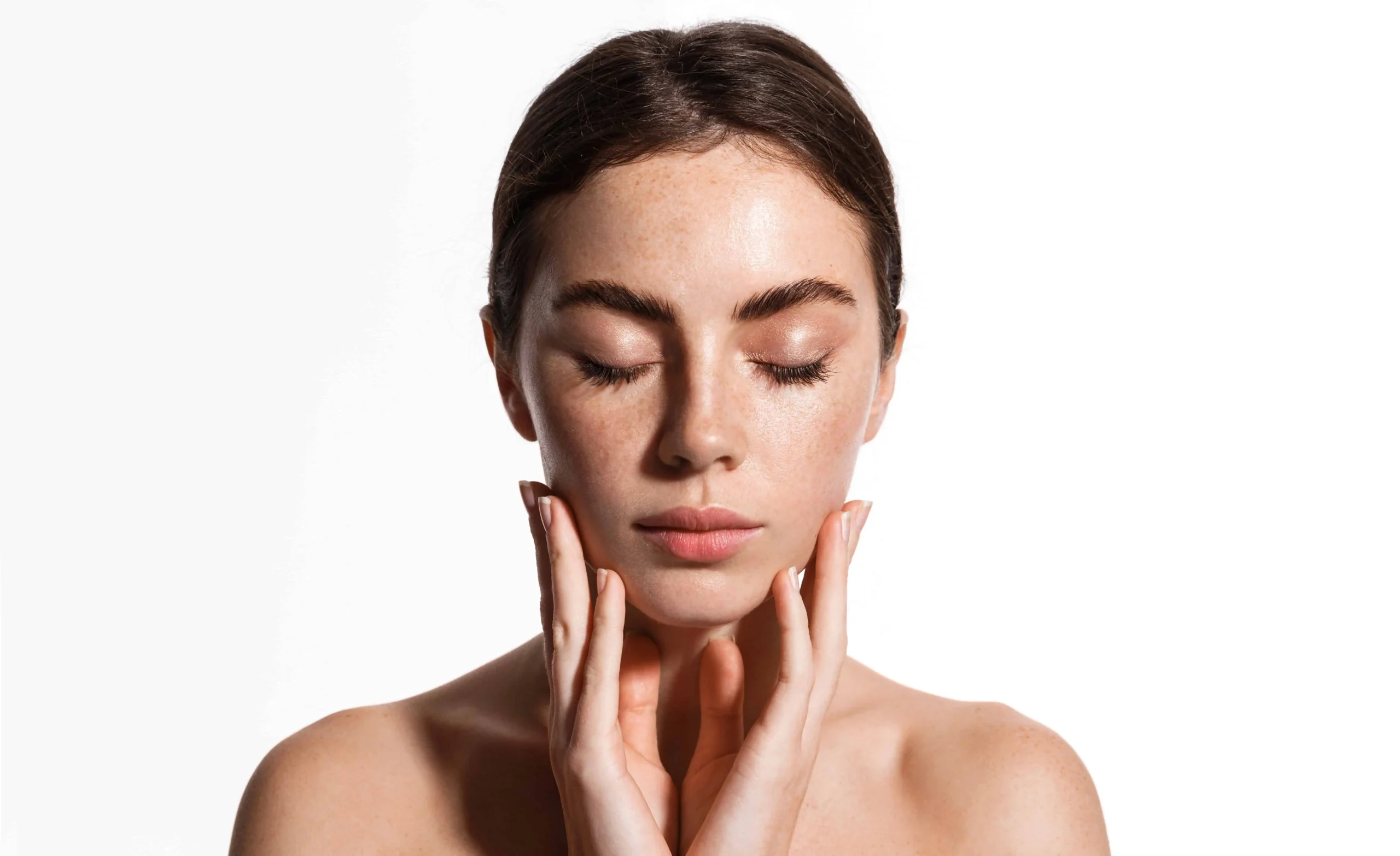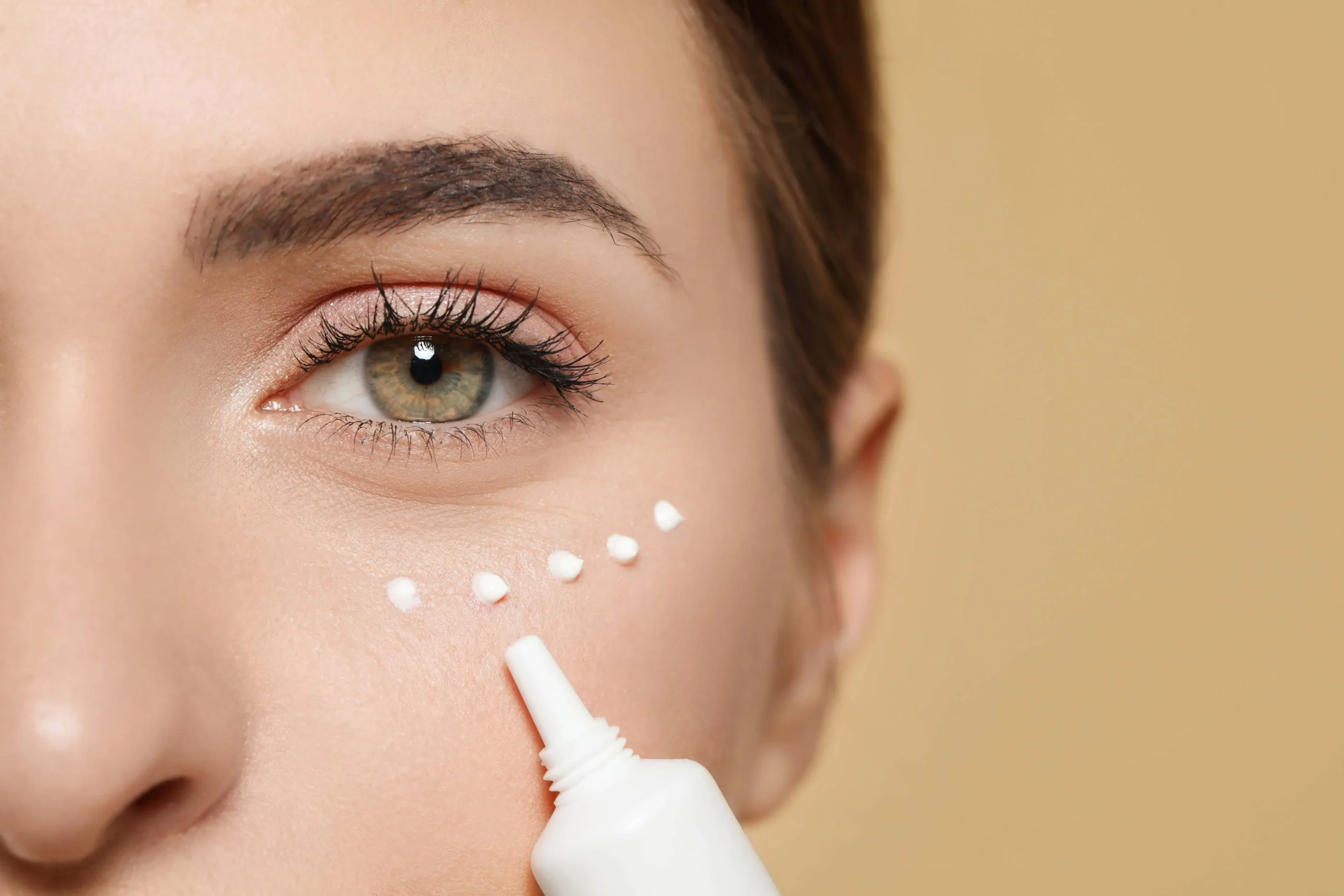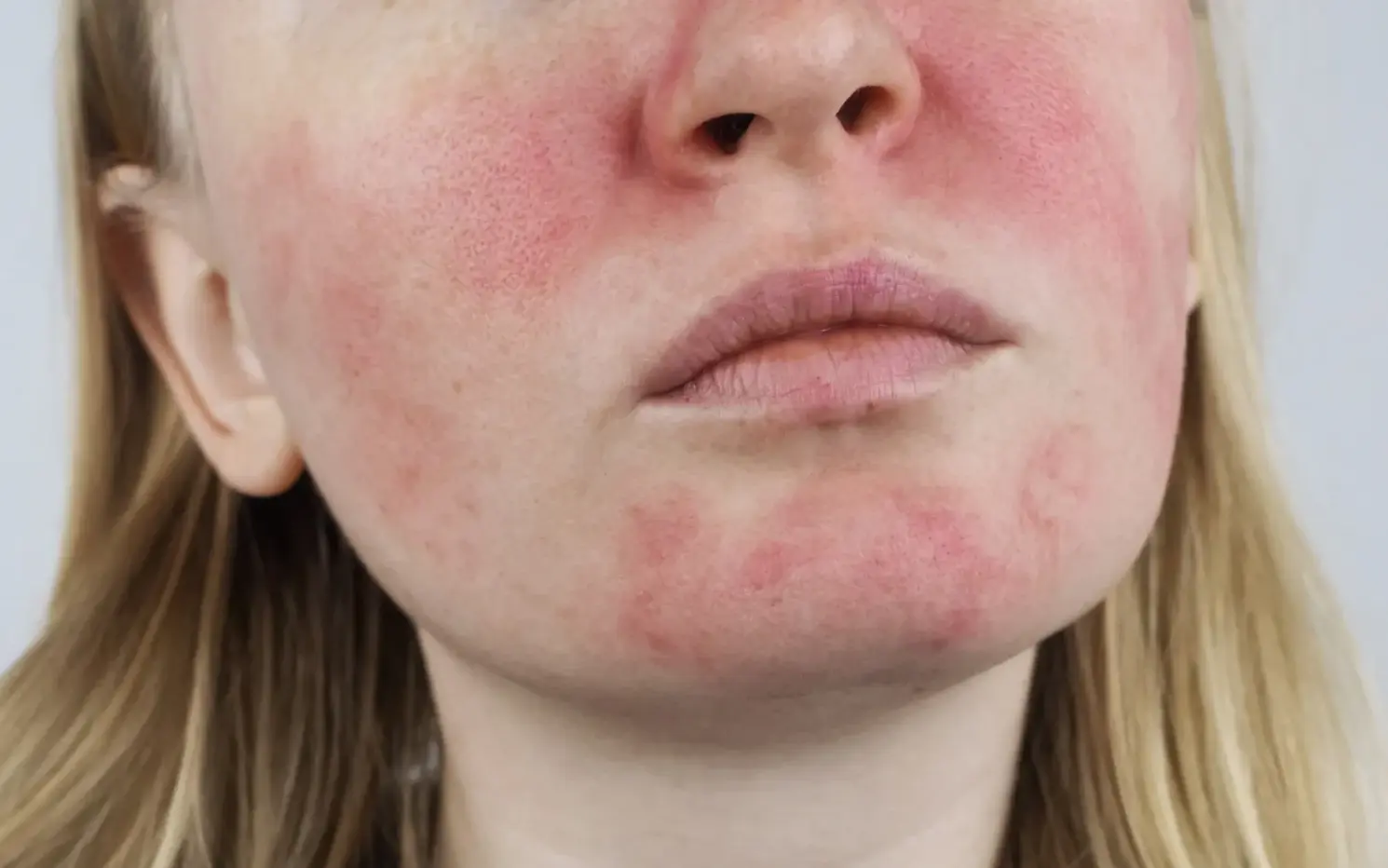Clogged pores are a common skincare issue that can lead to breakouts, blackheads, and an uneven skin texture. Understanding what causes clogged pores is crucial for developing an effective skincare routine and maintaining clear, healthy skin. Let’s explore the primary culprits behind clogged pores and how to prevent them.
What Are Clogged Pores?
Pores are small openings on your skin’s surface that enable sweat and oil to be released. When these pores become clogged with excess oil, dead skin cells, dirt, and bacteria, they can lead to various skin problems, including acne, blackheads, and whiteheads. Keeping your pores clear is essential for maintaining a radiant complexion.
Common Causes of Clogged Pores
1. Excess Oil Production
Your skin naturally produces sebum (oil) to keep it moisturized. However, overactive sebaceous glands can lead to an excess of oil, which can combine with dead skin cells and clog pores. This is particularly prevalent in people with combination or oily skin.
2. Dead Skin Cell Buildup
As skin cells die, they need to be shed to make way for new ones. If dead skin cells aren’t properly exfoliated, they can accumulate on the skin’s surface, contributing to clogged pores. This can be exacerbated by factors such as dehydration or using heavy creams.
3. Using Comedogenic Products
Some skincare and makeup products contain ingredients that are comedogenic, meaning they can clog pores. Heavy creams, oils, and certain silicones can contribute to breakouts, especially in those with acne-prone skin. Look for goods that are marked as “non-comedogenic” at all times.
4. Hormonal Changes
Hormonal fluctuations, such as those that occur during puberty, menstruation, pregnancy, or menopause, can increase oil production and lead to clogged pores. These changes can trigger acne flare-ups and other skin concerns.
5. Poor Hygiene
Neglecting proper cleansing can lead to the accumulation of dirt, sweat, and makeup on the skin. Failing to wash your face at the end of the day can result in clogged pores, particularly for those who wear makeup regularly.
6. Environmental Factors
Clogged pores can be caused by a variety of environmental factors, including pollution and humidity. Dust, grime, and pollutants can settle on the skin, mixing with oils and dead skin cells, leading to blockages.
7. Dietary Choices
A diet high in refined sugars, dairy, and unhealthy fats can influence skin health. Some studies suggest that certain foods may trigger inflammation and exacerbate acne, leading to clogged pores.
8. Not Exfoliating Enough
Exfoliating the skin frequently helps to get rid of dead cells and avoid buildup. If you’re not exfoliating regularly, your pores may become clogged over time, leading to breakouts and uneven texture.
9. Over-Exfoliating
Conversely, over-exfoliation can also damage the skin barrier and lead to increased oil production as your skin tries to compensate. Striking a balance is crucial for maintaining healthy, clear pores.
Solutions for Clogged Pores
1. Establish a Consistent Cleansing Routine
Cleanse your face twice daily with a gentle cleanser to remove excess oil, dirt, and makeup. Consider using a foaming or gel-based cleanser if you have oily skin.
2. Incorporate Exfoliation
Regular exfoliation is key to preventing clogged pores. Use a chemical exfoliant (like AHAs or BHAs) a few times a week to help remove dead skin cells and promote cell turnover.
3. Choose Non-Comedogenic Products
Opt for skincare and makeup products that are labeled as non-comedogenic to reduce the risk of clogged pores. Look for lightweight, oil-free formulations.
4. Keep Your Skin Hydrated
Even oily skin needs moisture. Choose a lightweight, oil-free moisturizer to ensure hydration without adding extra oil.
5. Stay Hydrated and Eat Well
Drinking plenty of water and eating a balanced diet rich in fruits, vegetables, and healthy fats can promote overall skin health.
6. Avoid Touching Your Face
Minimize touching your face to prevent transferring oils and bacteria from your hands. This simple habit can significantly reduce the risk of clogged pores.
7. Regularly Clean Hair and Pillowcases
Oil and products from your hair can transfer to your skin, leading to clogged pores. Make sure to wash your hair regularly and change your pillowcases frequently.
8. Consult a Dermatologist
If you struggle with persistent clogged pores or acne, consider consulting a dermatologist. They can recommend personalized treatments, such as chemical peels, medications, or professional extractions.
Conclusion
Clogged pores can be frustrating, but understanding their causes is the first step toward achieving clearer, healthier skin. By implementing a consistent skincare routine, choosing the right products, and maintaining healthy habits, you can help prevent clogged pores and enjoy a radiant complexion. Remember, every skin type is unique, so find what works best for you and embrace your journey to beautiful skin!





